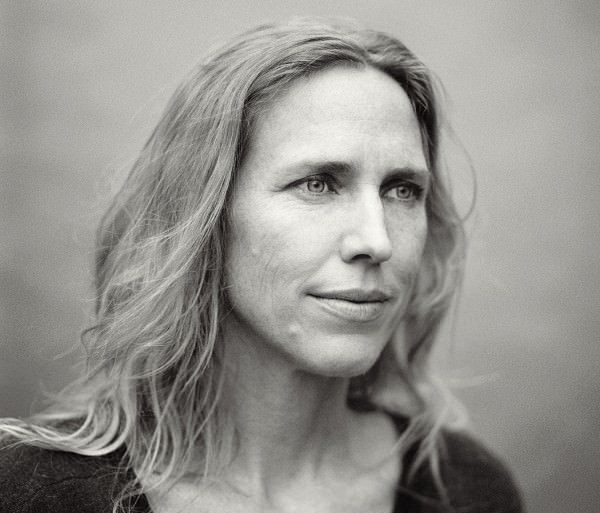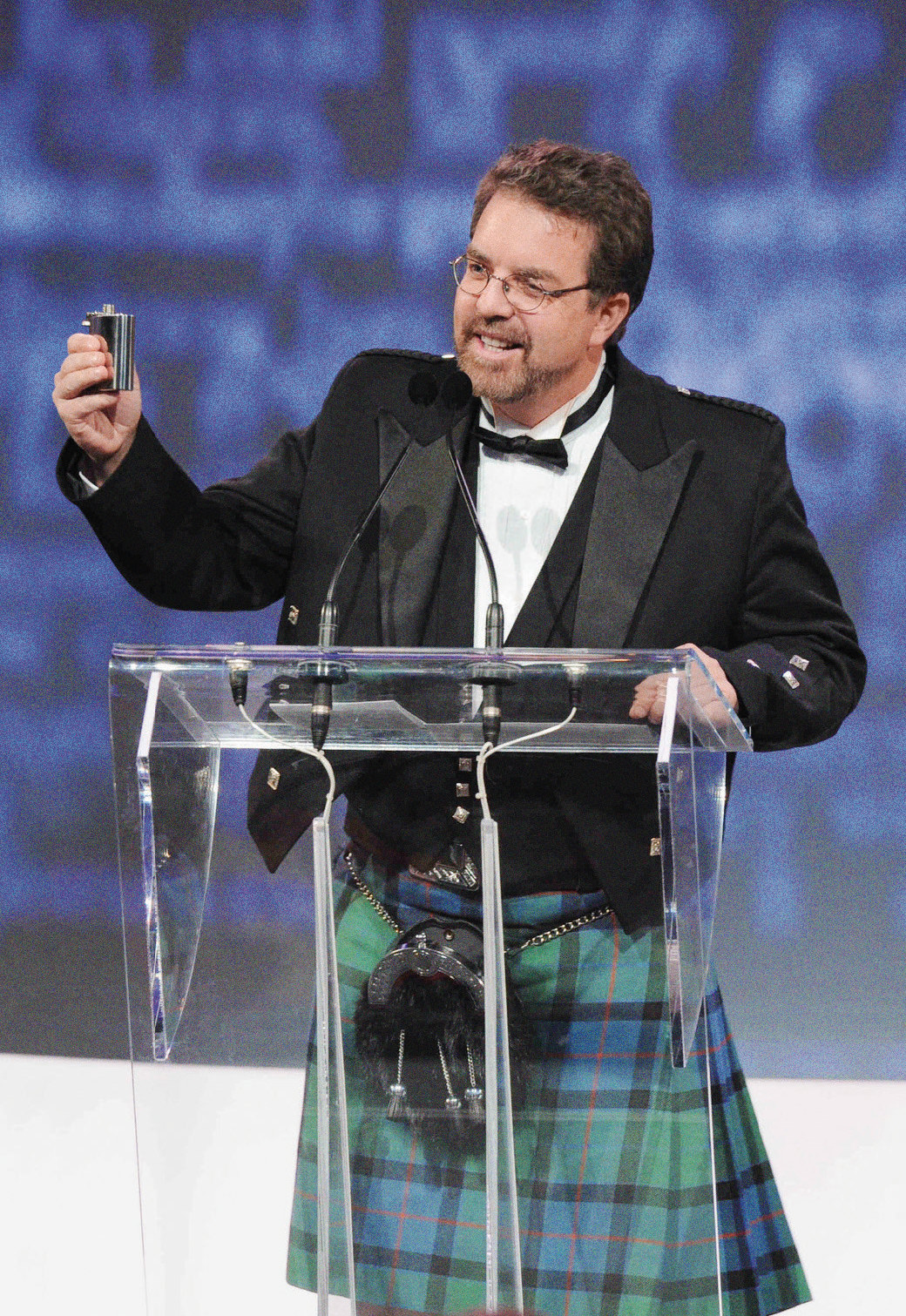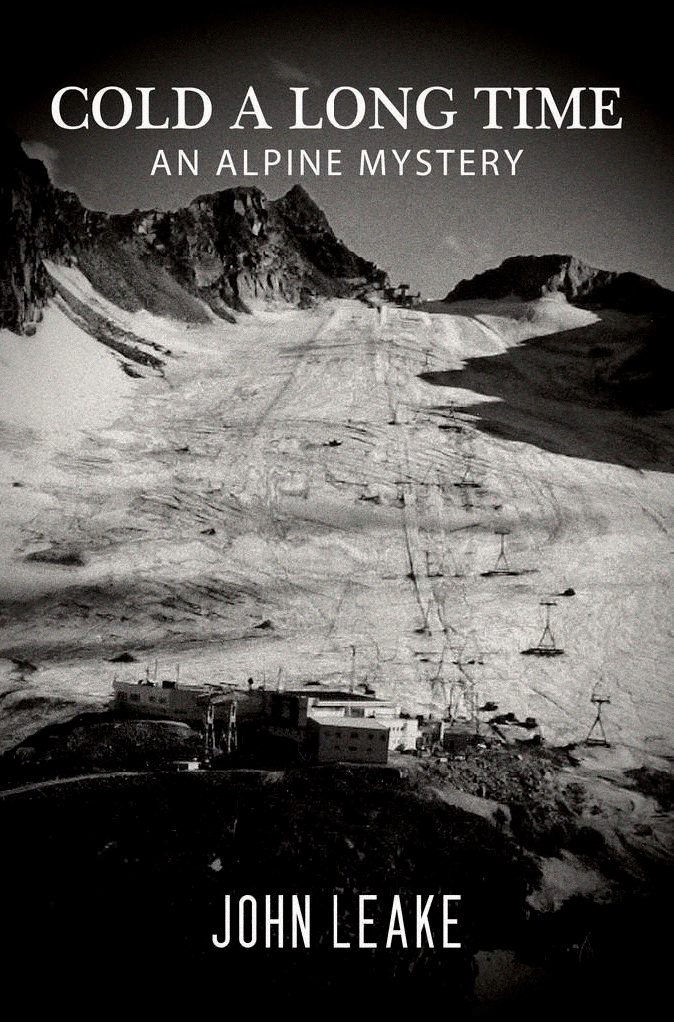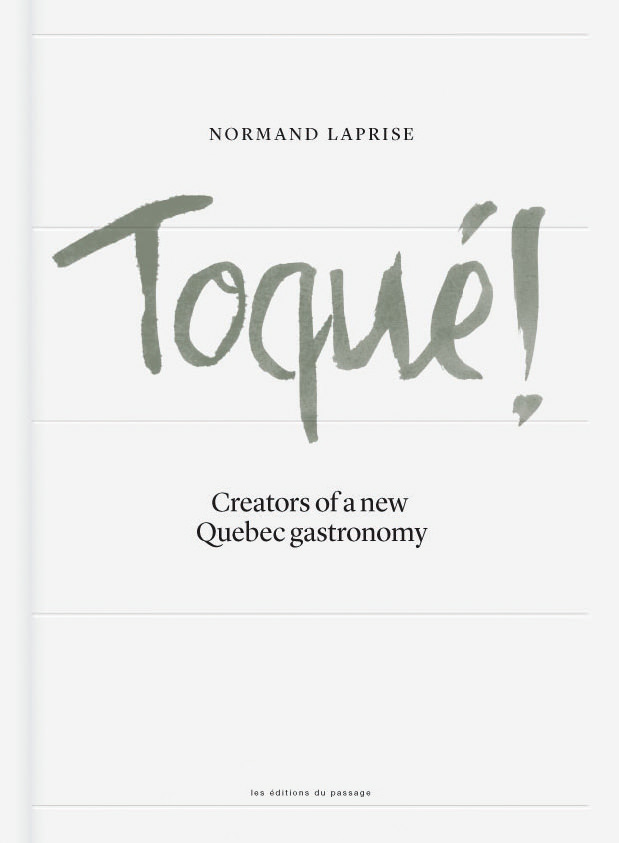Miriam Toews
Staying power.
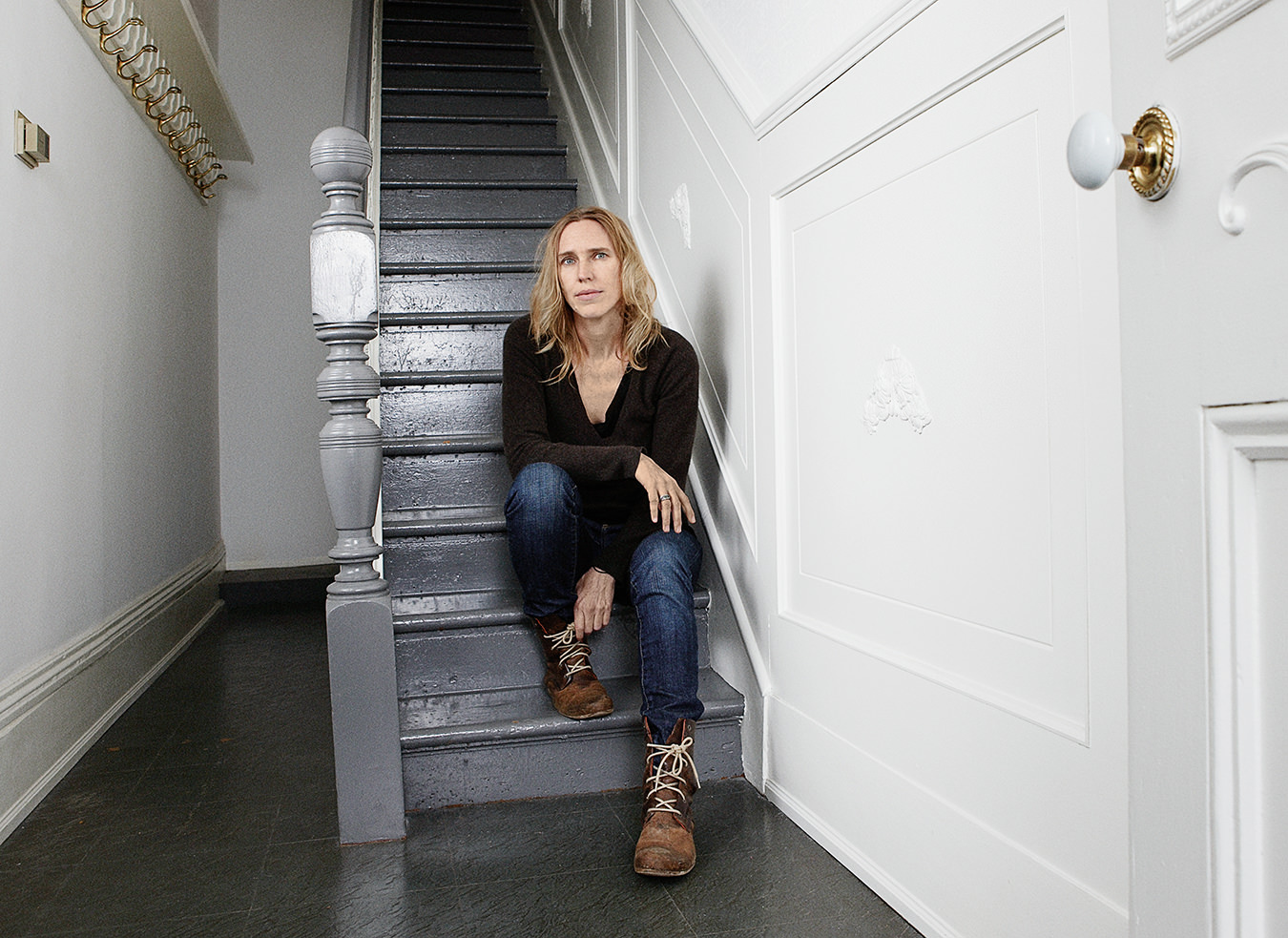
Miriam Toews lives in a Victorian row house in the downtown West End of Toronto. It’s a quiet, tree-lined street in a hub of industrial warehouses. Her 21-year-old daughter, Georgia, answers the door. Georgia is friendly and laconic. She is taking time off university to work, and she occasionally does stand-up comedy—something that requires not only an excellent sense of humour, but a lot of courage and resilience. Maybe these are traits that get ingrained when Miriam Toews is your mother.
Toews greets me with warm enthusiasm. The house is well lived in; there are signs of work being produced in amongst the tumult of domestic life. Toews is relaxed about the mess—she’s a veteran of parenthood (she also has a 27-year-old stepdaughter, Anastasia, and a 25-year-old son, Owen). She has a soulful face, like the face of a woman in a painting by Vermeer—marked by experience, but also youthful for her 47 years.
Indeed, it was her face that prompted Mexican director Carlos Reygadas to find her and persist for months in convincing her to play the lead role in his movie Silent Light (which won the Jury Prize at the Cannes International Film Festival in 2007), about a troubled marriage in a strict Mennonite community in Mexico. (He saw Toews’s author photo while reading A Complicated Kindness to research Mennonite culture.)
These days, Toews is doing publicity for her latest novel, Irma Voth, which was released last April. Inspired by her experience making Silent Night, the book is set in a Mennonite community in Mexico. It is the story of two sisters, Irma and Aggie Voth, on the run from a violently overbearing father. It contains Toews’s signature themes of exile, the quest for freedom, and the struggle between independence and self-doubt.
Toews, who was born into the Mennonite community in Steinbach, Manitoba, has written five novels. Her third, A Complicated Kindness, won a Governor General’s Literary Award in 2004, was shortlisted for the Scotiabank Giller Prize, and became an international bestseller. Toews has also published one work of non-fiction, Swing Low: A Life, dealing with her father’s struggle with depression and eventual suicide.
When talking to Toews about her life and work, it is hard to avoid the topic of suicide. Two years ago, her sister, and only sibling, committed suicide on the train tracks near their family home; it was in the same manner, and on the same tracks, as her father, who died in 1998. To have such close association with the tragic effects of mental illness is a heavy mantle to carry, but Toews manages to deal with it admirably, by knowing when to face tragedy head-on, and when to look away.
That is what her fiction does; it walks the tightrope between what people can bear, and what threatens to overwhelm them; it delves into the darkness, while holding a bright light. Toews is a woman who can commit, but who can also hightail it out of there. It’s all about balance, and as a writer, she knows a thing or two about it—when to be funny and when to pack a punch—and all of this is underpinned by the gratifying tension created when the stakes are high. You always get a sense that Toews’s characters are fighting for their lives.
“Where is the art that’s made from intense personal necessity?” is a quote from Irma Voth, and on this day, it is the impetus of our chat. I ask Toews if she feels like she’s making art from intense personal necessity.
“I do,” she says, “absolutely, and I’m really not that interested in art that doesn’t come from that place. I think the urgency, that well of whatever it is that brings something to life—a voice, a character—makes it honest and fearsome. There are risks with that kind of writing, but for me, I’m willing to take those risks.”
On the living room wall is a framed picture of some Mennonite men with Lincoln beards and black felt hats, bidding for horses at a fair. They look like judges from her past, presiding over the room. Toews grew up Mennonite, but her family was comparatively tolerant and liberal. However, they were still immersed within the tight-knit Mennonite community, and it had a profound impact on her life. Although Toews rebelled and left Steinbach when she was young (as soon as she graduated from high school), she credits her religious upbringing for instilling values such as discipline, a sense of family and community, and being morally good, which are values that have actually helped her achieve a greater degree of freedom and contentment than if freedom and contentment had never been an issue in the first place.
Toews’s fiction walks the tightrope between what people can bear, and what threatens to overwhelm them; it delves into the darkness, while holding a bright light.
“There is a debt I owe to this restrictive community,” she says, “because it can create two ways of being. I mean, it can create a whole bunch of ways of being, but if we’re just talking about the idea of having your soul numbed by endless rules and restriction and emphasis on guilt and punishment and shame, that’s one thing. But if you have the ability to fight it a little bit, to create your own identity, it gives you fuel to be the opposite of those things. To have that appetite, that curiosity for the world, for what it is to be alive. There is that opportunity to have your self realized—that becomes a goal, and so you’re bigger in the world. You can get small and you can get big, and both of those things can happen in those types of communities.”
Toews’s fictional characters are often poised on the cusp of rejecting their immediate circumstances in order to bring more happiness into their lives, but this rejection entails loss, and so there is resistance. But stronger than the resistance is the certainty that something better lies ahead.
It’s not unexpected that humour is a big part of my afternoon with Toews. She is quick to laugh and does so with abandon, often at her own expense. Humour plays an important role in her fiction, as well. Her characters are sarcastic, sassy, and hilarious—but they’re not cynical. She claims the humour is not self-conscious, that she doesn’t set about to write a funny novel.
“I write stuff that I think is interesting. I do see the world as a kind of ridiculous place—it’s a pretty funny place, it’s clearly a tragic place, but … there’s a lot of comedy. It’s how at funerals we often laugh hysterically. There’s that gallows humour that we use to bolster us in hard times. My characters are going through very difficult times, so they use it as their own armour in the same way that I do in life.”
Beneath Toews’s soft and casual exterior is an intolerance for hypocrisy and rhetoric, a steely pursuit of truthfulness. Like her writing, she embodies a lot of contrast. Her demeanour is gentle, her mouth sensuous, her eyes a beguiling shade of cornflower blue; and yet her face gives little away. She has a private, self-possessed quality. She gives off an impression of physical stillness, suggesting the possession of vast internal landscapes.
“I try very hard,” she says, “to avoid those places where you think, ‘I’m a failure; the world is a horrible place; I’m this despicable human being, full of self-loathing and contempt; I don’t want to live,’ to just try and prevent that from happening without becoming some flakey, nauseating person, like ‘I love everything and everything is great and the world is beautiful.’ I mean, that’s a lie.”
As a fortuitous side effect of her work as a writer, she gets catharsis and the opportunity to pay homage to her experience in a way that is public and witnessed—and that must have a therapeutic effect.
“My sister was alive when I wrote the book [Irma Voth], but she died the day I finished the draft. Basically, I finished it and then that day I got the news, not that she had died but she was in the hospital. So I finished it and immediately went into crisis mode. But during the writing, that homage was a quest. I had a character searching. Aggie needed her older sister to help her, to be around, to get her out of tough situations. Which is what my sister had been through all my life, and I really depended on her and she was a huge source of support and love and humour. I knew that she was getting worse and worse, and I was afraid of where it was going because it had already happened in our family, and not just my dad, but cousins, so I think it might have been a kind of subconscious effort to plead a little bit—‘Come on, I need you.’ If I’m the Aggie character, ‘Get me out of here. Keep me safe.’ ”
The main character, Irma, has similar feelings, and it is her epiphany, as well, toward the end of the novel, that she needs her little sister, Aggie, too.
“Yeah,” Toews says softly, “just the idea of sisters needing each other.”
For someone less resilient and determined than Toews, this sad note might be held for a long time, but she quickly snaps out of it with an almost maternal pragmatism. She is very conscious of keeping those feelings of isolation and despair at bay, the need to recognize the symptoms and understand them, that pattern of retreating from the world, which is a real danger for writers, because you have to retreat from the world to get your work done.
“It’s very necessary to go back into it and make contact, to open up to people, never to close,” she says. “To balance that universe of my father and my sister—their emphatic no to the world and to living. I need to balance that with yes, to taking risks, to living life adventurously. I just hope that I cannot ever feel that type of psychic pain, because I can’t imagine anything worse.”
Toews defines living adventurously “not necessarily by travelling to the Arctic,” she says, “or to jungles, or deserts, but simply by taking risks in terms of being honest with other people, really putting yourself out there.” Having kids, making attachments, travelling and making art, living and loving generously, not falling asleep, or taking things for granted. “So that you can feel whatever it is coming back to you, which is the thing that sustains us. We can’t live in a little vacuum, and I have the tendency to do that, to curl up and read and write and be alone. And it’s necessary, but it’s really necessary to break out of that.”
But if she didn’t have that tendency, we wouldn’t have her books, and all those examples of how to do the very thing she wants to do for herself: be a hero in your own story. It must be hard to avoid setting up, to some degree, art as the redemptive vehicle when it’s what she does?
Toews chuckles a bit. “Everything that I’ve been through in my life, when so much seems out of control—the writing is, certainly, just that one thing I can control. I create imaginary worlds that are probably a little psychotic, but it’s certainly redemptive, redemptive for me.”
It is redemptive for the rest of us as well.

